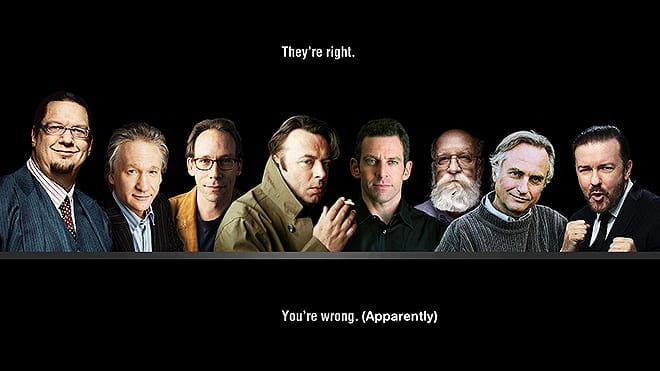Changing the game

U of R student Adam Chomos puts referees under the microscope
Taylor Shire
Contributor
Athletes are analyzed from every angle. There are thousands of statistics kept on them and countless hours of research done on how their bodies work. But rarely do we hear anything about officials and referees in sports.
Adam Chomos is changing that.
Chomos, a University of Regina student, is developing a “biofeedback protocol” to help hockey officials deal with tough situations. He believes this project will help officials make better split-second decisions and give them confidence to make the appropriate call.
“It’s more-or-less going to better prepare them when they are on the ice when certain situations come up that they see as stressful,” said Chomos, 32.
This project is part of Chomos’ masters degree in kinesiology. He decided to think outside the box and take a look at referees of a sport, instead of athletes.
“Biofeedback is something that is really gaining popularity in the sports psychology realm,” he said. “They’ve started to develop a lot of sport-specific protocols …but there is nothing that has ever been looked at with officiating.
“Reality is that a lot of the decisions and a lot of the things that the officials are doing on the ice are impacting the game substantially. I think that there’s definitely a need to develop a similar tool for the referees of various sports to be able to train.”
Chomos is partnering with the Saskatchewan Hockey Association (SHA) for the project. Part of this research includes attaching a helmet camera to an official that they wear during the course of a game. The camera will collect first-person footage and then Chomos will take the video back to the lab and screen it.
SHA referee Alex Giannoulis was one of the officials who used the helmet camera. He said it was a bit heavy at first, but also kind of neat.
“You got some looks from players out there,” Giannoulis said. “[They are] wondering why the heck this referee is wearing a camera on his helmet.
“It’ll give us a better understanding of what our body is actually doing when we are on the ice and we get in these pressure-filled situations and we have to react quickly.”
Chomos will capture segments of video in which an official has to make a split-second decision. Whether it’s a penalty, an offside, or a conversation with a coach, a variety of segments of video will be put into the software.
Once the protocol is developed, Chomos said officials will come in for about 10 half-hour sessions. These sessions will require a referee to go through a set of cognitive tasks and make split-second decisions.
The researcher hopes that, ultimately, this software will make a difference in development of officials.
“If we see noticeable improvements, it leads the way for more research,” Chomos said. “More protocols to be developed for other officials in different sports.”










